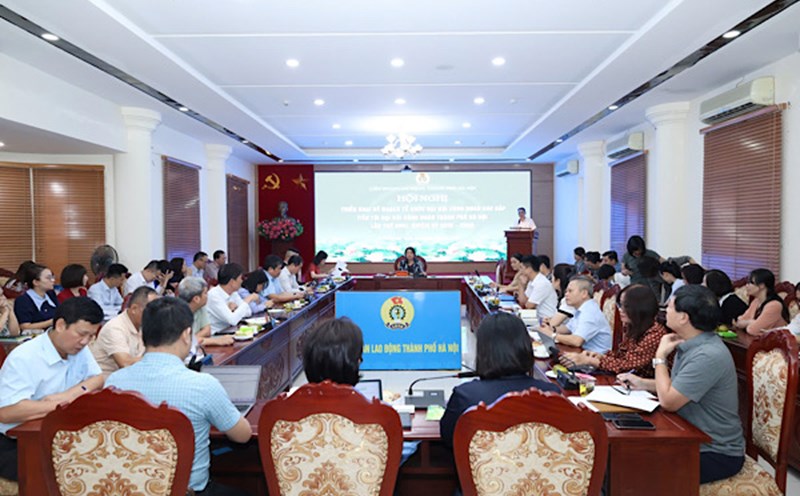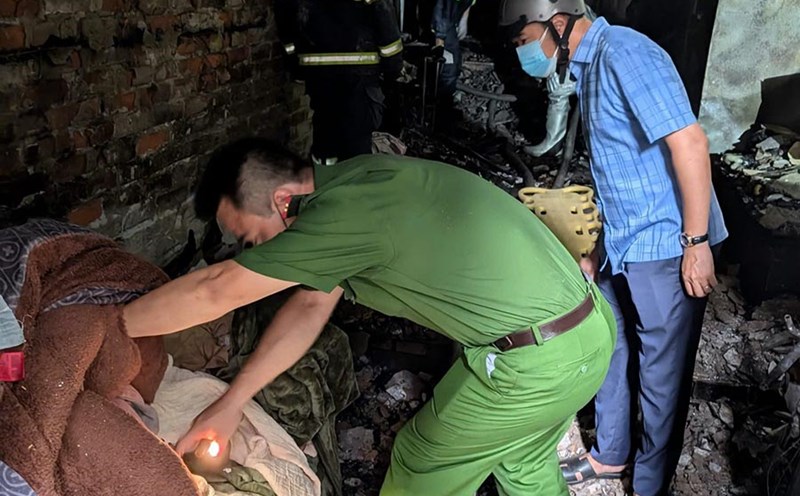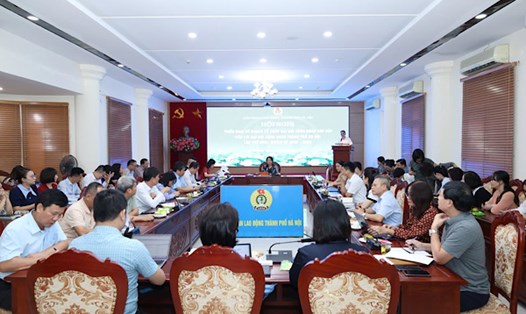After more than 10 years of renting, the dream of buying a house is still far away
More than 10 years of working in Thang Long Industrial Park (Hanoi) is all that time Mr. Ta Ngoc Thao's family has spent with rented houses. Although their jobs are stable and their children are used to schools near their workplaces, their dream of a private house to "set up a business" has not yet come true. The current rented house is a common living space for the entire family of 5, including a couple and three children of school age.
Mr. Thao shared that he has learned about the policy of buying social housing and really wants to have a stable place to live for the whole family. However, the biggest obstacle is still financial capacity. With the total income of the couple, after covering the living and education expenses for their children, saving a large amount of money to buy a house is almost impossible.
"With a house worth about 1.5 billion VND, if there is no preferential loan support package, buying a house for us would be a far-fetched thing," Thao confided.
He calculated that each year his family tried very hard to save only about 50 million VND. With that amount of money, it is unknown when there will be enough money to buy a house. Therefore, accessing loans under State policies is the greatest hope for his family and many other workers.
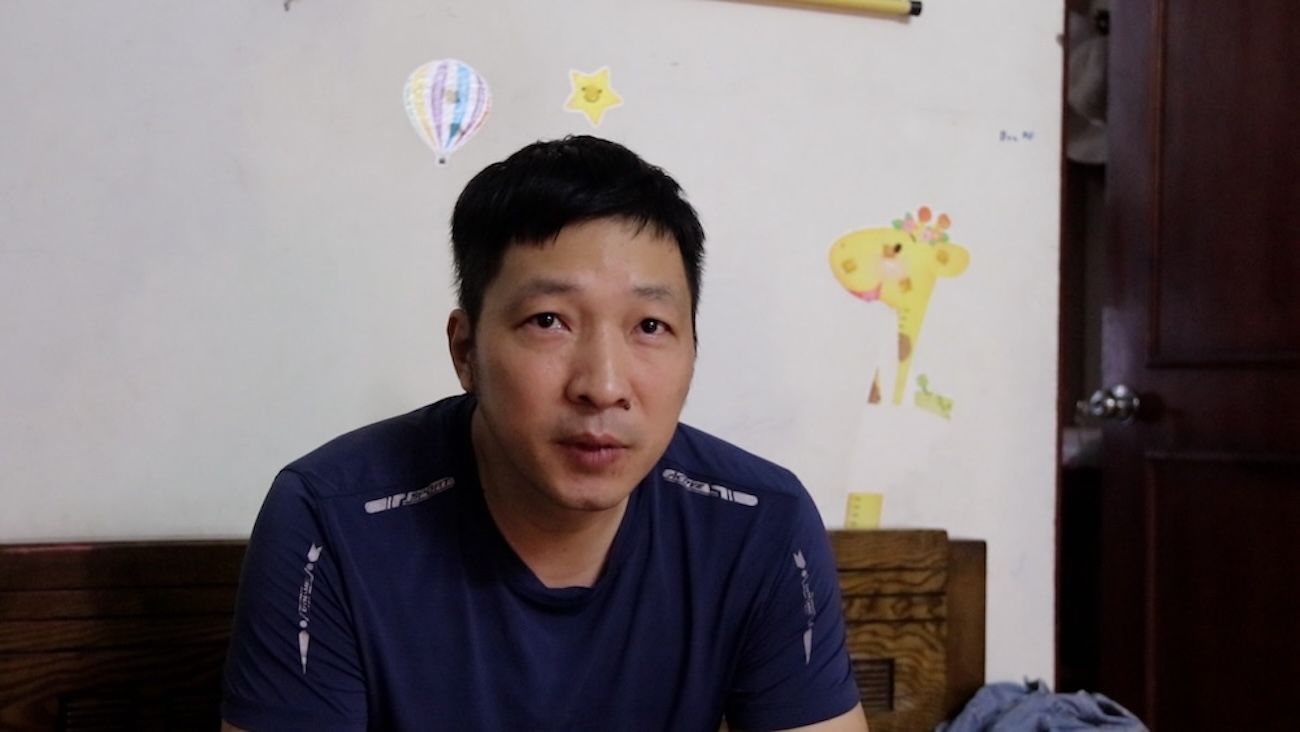
Not only Mr. Thao's family, Mr. Le Tien Manh, a worker renting a house in Thien Loc commune, is also studying the application for a social housing purchase after many years of living for hire. Mr. Manh said that in Thang Long Industrial Park alone, the number of workers is very large, but the social housing fund near this area is still limited, causing demand to exceed supply.
Need for synchronous policies, remove obstacles for workers
The need for social housing in areas near industrial parks is a common concern for millions of workers across the country. Mr. Le Tien Manh expressed his hope: "We really hope that the relevant agencies will invest in building more social housing areas so that low-income people like us have the opportunity to access them more easily."
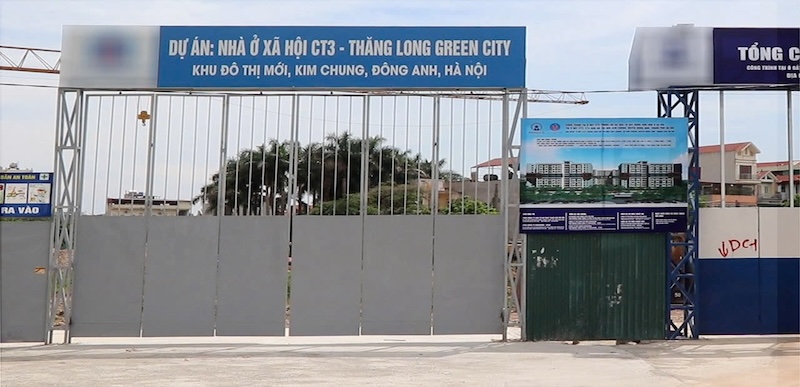
Discussing this issue, Dr. Tran Xuan Luong, Deputy Director of the Vietnam Institute for Real Estate Market Research and Evaluation, said that there needs to be a more comprehensive approach. According to him, a true social housing policy must be coordinated by the state, possibly through the construction of a national housing fund from the budget or other mobilized capital sources.
This expert analyzed that instead of letting workers swim on their own with commercial loans, the state can build housing areas and rent low-income people at reasonable prices. Even in difficult cases that are not eligible to pay, it is necessary to create opportunities for them to have a stable place to live. Investors should only play a role in building and handing over to the state for management and fair distribution.



